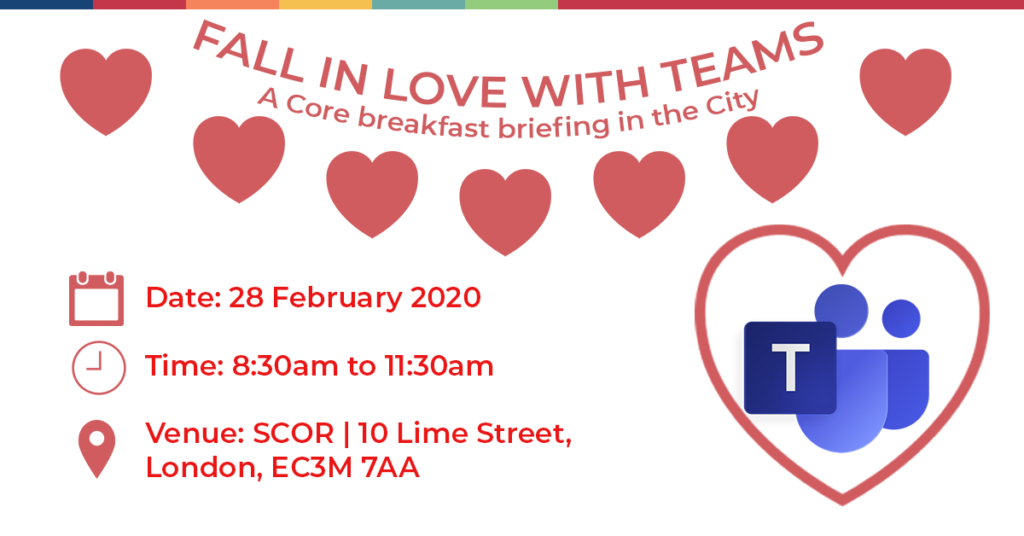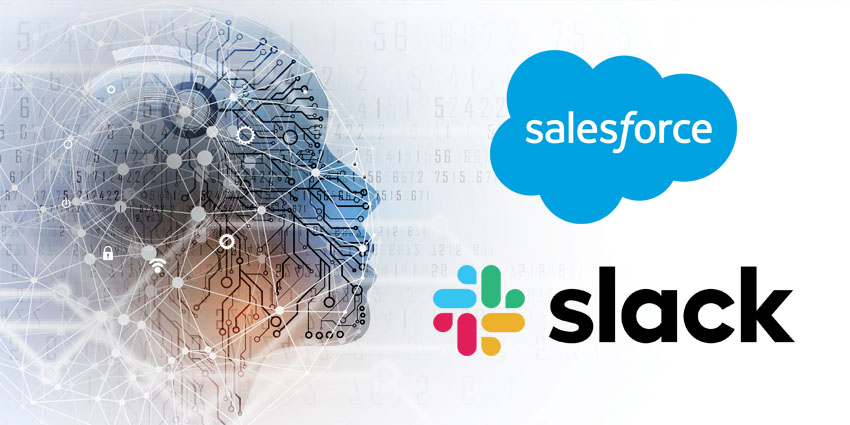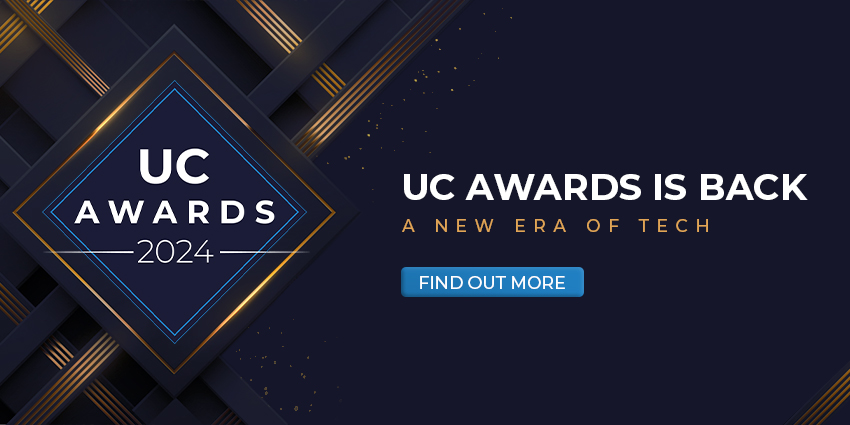Predicting the future is a tricky business, especially for those of us still waiting for proper hoverboards. When it comes to online collaboration we can see clear and unarguable trends on the immediate horizon, such as everything cloud-based and as a service, and an effective disappearance of the entire digital workspace into an enabling and invisible background factor that simply gets out of the way and lets us do our work.
But to explore a longer vision behind this and what it might look and feel like in the workspace of the future, we spoke with Eamon McGann, Client Solutions Director at Core Technology Systems — to discover how emergent developments might manifest in the tools you’re used to, perhaps sooner rather than later.
Power to the people

As McGann told us recently a key observation at Core is the way non-technical decision makers are increasingly ready to embrace all that the modern workplace has to offer, and Core’s partner Microsoft is already alert to the possibilities of the ‘citizen developer’: the user who creates new business applications for consumption by others using development and runtime environments sanctioned by corporate IT, but without being developers themselves.
The increasingly modular elements of Sharepoint and Teams mean that not only can each workspace be uniquely configured, within that space users can integrate and combine them in ways beyond anything the developers envisaged. “Citizen development is absolutely exploding”, he told us.
“The empowerment of the business to get on and deliver the things they want to deliver, without constraint”
Moving away from the risks of shadow IT to the provision of tools which enable people to create workflows and systems which meet their needs while remaining safe and compliant, is the goal.
While data rules them all
The emphasis on creativity within a consistent environment is also vital for the management of complexity, in an increasingly data-rich environment — where context and accessibility is the differentiating factor.
Where’s my file, where did we have that conversation, what does that acronym mean…? For years, we’ve been trying to remember to file things logically, to tag them meaningfully, and hope that the right metadata means we’ll surface that critical piece of information again when we actually need it. But as McGann describes it, “file management has been a pretty abysmal thing for the last 20 years”.
With Microsoft’s Project Cortex (announced at Microsoft Ignite in November 2019) all that is changing, and, “the trend we’ll see in 2020 is that files will become first class citizens. The intelligence is coming down the line to help manage and organise information in new ways, moving away from cumbersome taxonomies, into cool tooling which can bring up just what we need at the right moment”.
When we can get contextual support within the work itself, it will empower the knowledge worker in ways beyond anything we can imagine — augmenting the power of our own minds to make connections and filter and cluster information, without having to leave the application or environment in which we’re working. With AI to help us mine the content in the Microsoft graph for relevance and pertinence, the potential for truly creative productivity becomes unbounded. That’s a future we can all look forward to with real anticipation.

And you can embrace that future with affection at Core’s ‘Fall in Love with Teams’ event in London on February 28th – there’s still time to register.







